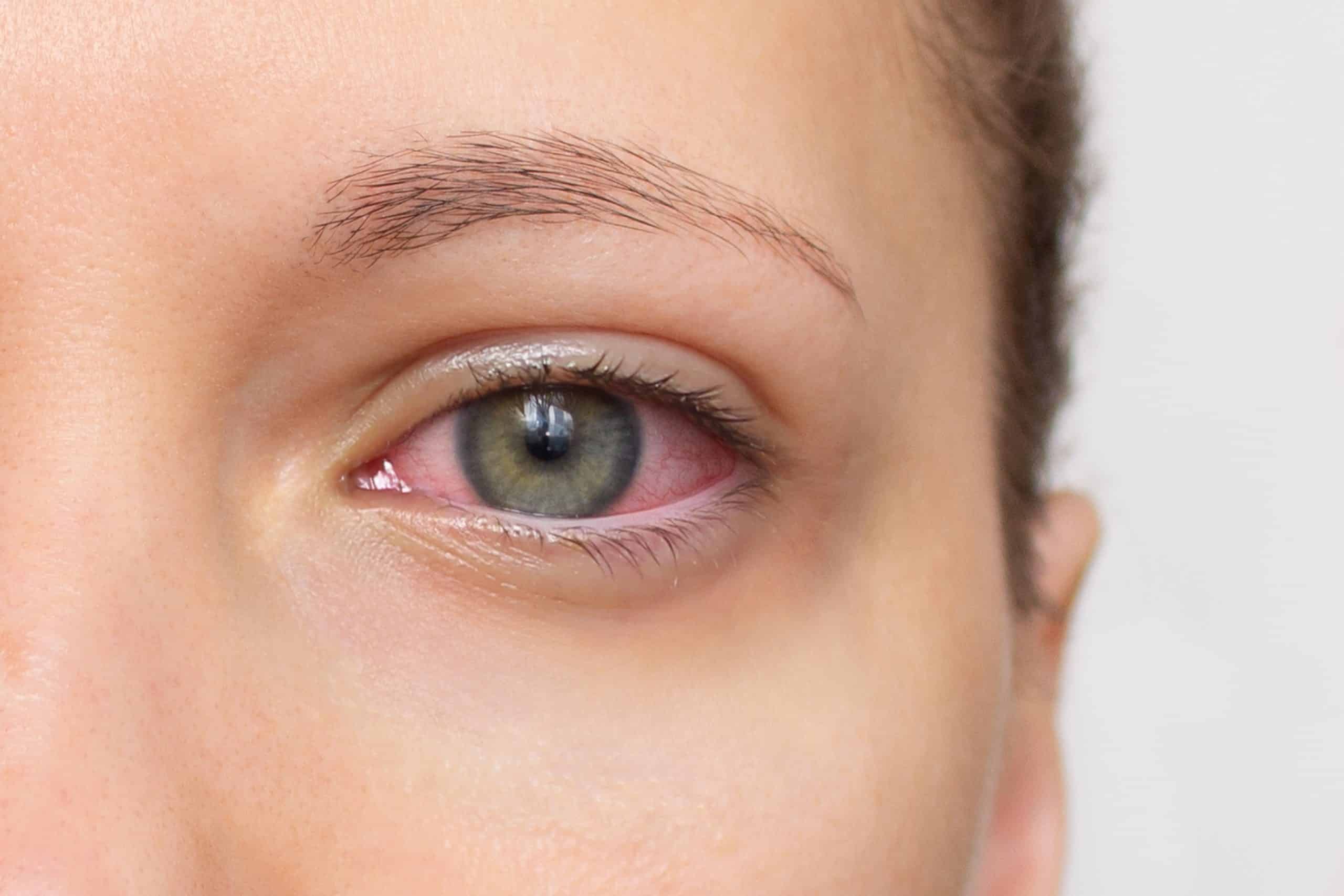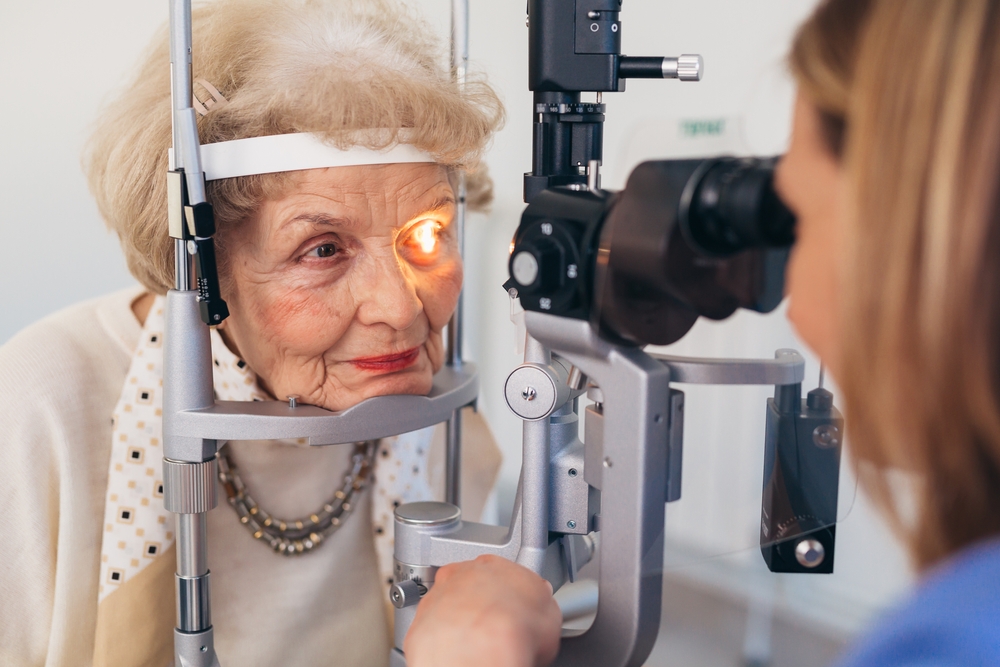 Cognitive issues are not only affecting seniors as they are living longer, but a new study shows that more younger Americans, ages 10–39, are struggling with cognitive problems than just a decade ago. Issues include trouble concentrating, remembering, or making decisions.1
Cognitive issues are not only affecting seniors as they are living longer, but a new study shows that more younger Americans, ages 10–39, are struggling with cognitive problems than just a decade ago. Issues include trouble concentrating, remembering, or making decisions.1
Recent changes in cognitive trends are influenced by various factors. Increased engagement with digital media is affecting brain development and attention patterns. At the same time, structural disadvantages such as lower income and reduced access to education are linked to a greater prevalence of cognitive difficulties.
According to a study from the University of Utah, nearly 1 in 10 individuals in that age group are challenged, while the share over age 70 with similar struggles has actually decreased slightly.2
Social Media
The term brain rot was named Oxford’s Word of the Year for 2024. Brain rot refers to the cognitive decline and mental fatigue that are increasingly being observed among adolescents and young adults. A key concern is the excessive consumption of low-quality online content, particularly on social media platforms. Research highlights how psychological factors, digital habits, and the overuse of poor-quality digital material all contribute to this trend in cognitive issues.
Health Suggestions
Reduce screen time.
Limit social media exposure. Make better decisions about which sources of information are reliable and worthwhile.
Get out and exercise daily.
Join hobby groups to enjoy ongoing healthy social interactions, such as chess clubs, hiking groups, bird-watching, yoga classes, jogging and biking clubs, and cooking classes. These clubs teach young men and women how to speak and socialize with each other. Socializing is a lost art for many young people. They lost ground with social skills during the Covid-19 pandemic. And, they are perpetually engaged in online life, playing computer games, watching videos, and interacting on social media. Virtual connections create an illusion of authentic connections, but are poor substitutes for real, in-person, face-to-face interactions.
Bed Time.
Avoid using electronic devices for at least an hour before bedtime. Reading a book is a great option before sleep.
Put down the phone.
When socializing in person, limit phone distractions. Focus on the people directly in front of you.
Childhood Isolation and Future Health Issues
Biological systems, including the central nervous system, are particularly vulnerable to the stress response during development, especially during childhood.3 4 5 Ongoing activation of the stress response can hinder healthy neurobiological development. This negatively affects both brain and physical health over a person’s entire lifespan.6
Childhood social isolation has been associated with a number of poorer health outcomes in adulthood, including cardiovascular risk,7 clustering of metabolic risk factors,8 decreased brain and neural volume,9 and all causes of mortality.10
Childhood psychosocial adversity is particularly detrimental to neurobiological development, affecting cognitive function and the structural integrity of the brain.11 Moreover, childhood psychosocial adversity tends to combine with other risk factors, and the cumulative effect may lead to greater deficits over life.12 13 Chronic stress has been associated with poorer cognitive functioning14 15 and Alzheimer’s disease.16 17 18 19 Ongoing stress also increases the risk of age-related diseases20 and accelerated cellular aging.21
Social isolation may be identified by the child themselves, or by a parent, teacher, or other adult.22 Interventions have been shown to improve social isolation, often by teaching emotional management and social skills.23 The mechanisms by which social isolation exerts its effect are at least twofold: social isolation is associated with chronic inflammation,24 25 26 and higher-risk behavior, such as smoking, lack of physical exercise, and poor sleep.27 28 29
Social Isolation and Vision Health
Social isolation is broadly defined as a lack of close social relationships.30
People without close social relationships experience a number of poorer health and well-being outcomes.31 Research suggests that a person’s emotional reaction to a lack of social connections could be the driving force underlying observed associations with health outcomes.32 Social isolation is closely related to loneliness in childhood, which is a predictor of poorer health in adolescence.33
Childhood social isolation as a predictor of retinal neuronal thickness in middle age.34
Retinal cells are essentially brain tissue due to their shared embryological and developmental origins, as well as similarities in neural structure and vasculature.35
Research shows that psychosocial stress in childhood is associated with cardiovascular dysfunction. Some studies have investigated the effects of psychosocial stress on the retinal microvasculature. Altered retinal microvasculature has been associated with depression and anxiety in adolescents and adults;36 37 38 39 40 41 lower quality of life;42 and vital exhaustion.43
Overactivation of the sympathetic nervous system, which occurs in chronic stress, has been linked to alterations in the retinal microvasculature.44 A number of smaller studies indicate that the retinal microvascular system may be negatively affected by psychosocial stress from early life.
Retinal scans reveal changes—particularly in the retinal nerve fiber layer and ganglion cell-inner plexiform layer—that are recognized as early biomarkers for Alzheimer’s and Parkinson’s diseases.
Research from the 1980s found that individuals with Alzheimer’s disease showed decreased retinal ganglion cells and thinning of the retinal nerve fiber layer.45 46
Changes in retinal thickness are associated with cognitive decline in both Alzheimer’s Disease47 48 49
Suggested Supplements to Consider
Dr. Grossman’s Complete Eye Formula 2oz (oral spray) – for retinal, optic nerve and overall vision support.
NMN Wonderfeel Youngr™ 60 vegcaps – increases NAD production in the body.
Advanced Eye & Vision Support Formula (whole food) 60 vcaps
Retinal Support (wild-crafted herbal formula) 2 oz
Dr. Grossman’s Blood Vessel Control Formula 2oz
OmegaGenics™ EPA-DHA 720 Lemon 120 gels
Dr. Grossman’s Whole Food Organic Superfood Multi-Vitamin 120 Vcaps
H2 Elite Molecular Hydrogen 60 tabs
Brain and Memory Power Boost 120 caps
Brain and Memory Support Package 1
Natural Parkinson’s Support Book and Supplement Package 1
Recommended Books
Natural Eye Care: Your Guide to Healthy Vision and Healing
Natural Parkinson’s Support: Your Guide to Preventing and Managing Parkinson’s









